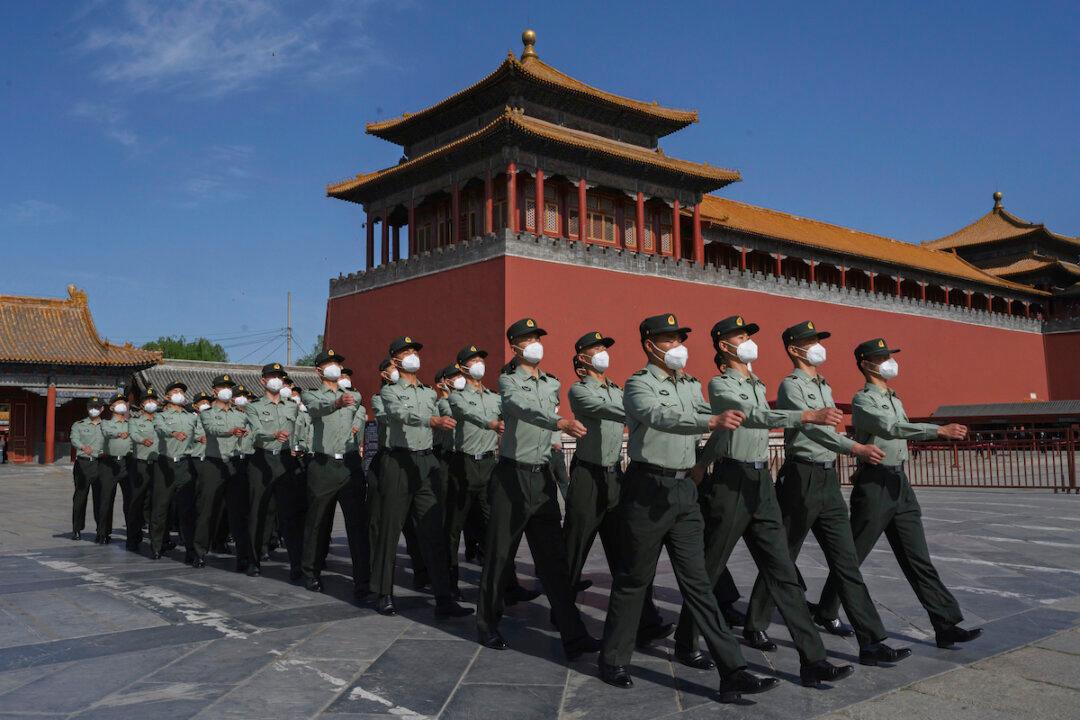News Analysis
The Chinese Communist Party (CCP) is reportedly conducting a “big investigation” into various areas of the state, including several provincial authorities and key ministries.

The Chinese Communist Party (CCP) is reportedly conducting a “big investigation” into various areas of the state, including several provincial authorities and key ministries.